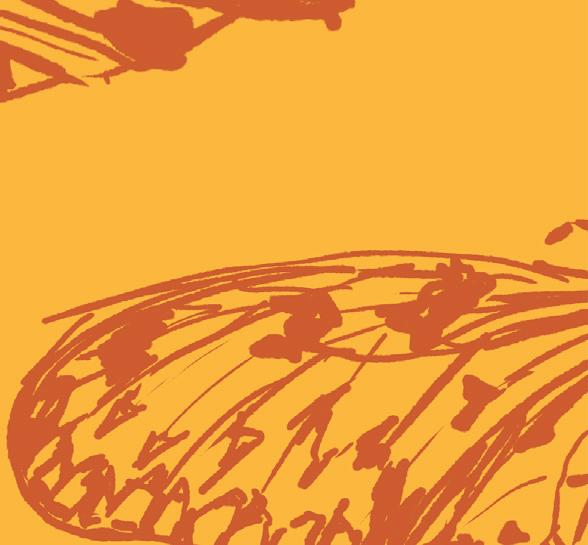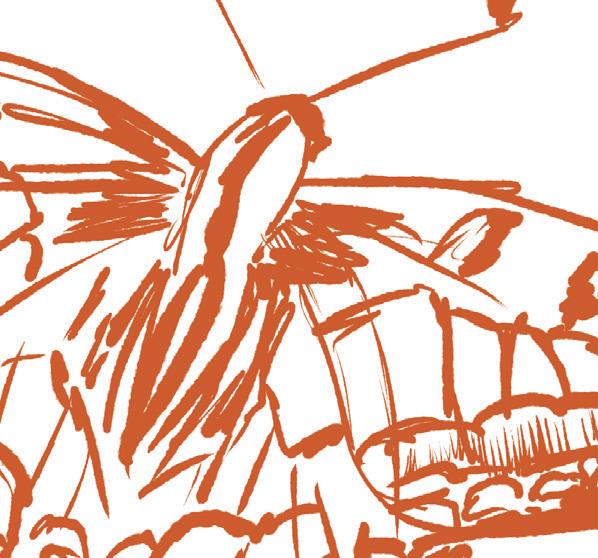
3 minute read
Metamorphosis

by E Graham, Year 12
Advertisement
The process of transformation from an immature form to an adult form enables the lowly caterpillar to turn into a creature famed for its majesty, the butterfly, and a grey pond larva into a noble, electric ultramarine dragonfly. And with that I welcome you to the fantastical world of metamorphosis.
Almost all species undergo metamorphosis. If we, humans did not metamorphosise we would all look like overgrown babies. The most famous and best example of metamorphosis is none other than that of the butterfly. A butterfly will begin its life as an egg. They then grow into larva. The larva has yet to develop reproductive organs; in order to do this they must undergo a transformation like no other.
The caterpillar forms a shell to cage itself in called a pupa (a chrysalis for butterflies). In this stage of development the insect produces a hormone called the prothoracicotropic hormone; this simulates the insect to grow elaborate wings independent of the body. The pieces of the body are formed before attaching to the body like the putting together of a jigsaw puzzle; a leg made at the head of the insect can attach to the end of the insect’s body. The insect’s ability to do this enables the pupa stage to be shortened.
Finally, at the end of the metamorphosis, adults emerge by breaking down the shell that has caged them for so long. They burst from their confinement with breathtaking passion and beat their colourful, scaled wings for the first time. Then they will fly daintily over the flowers of summer and drink their sweet nectar and will then be admired by a wandering human, its
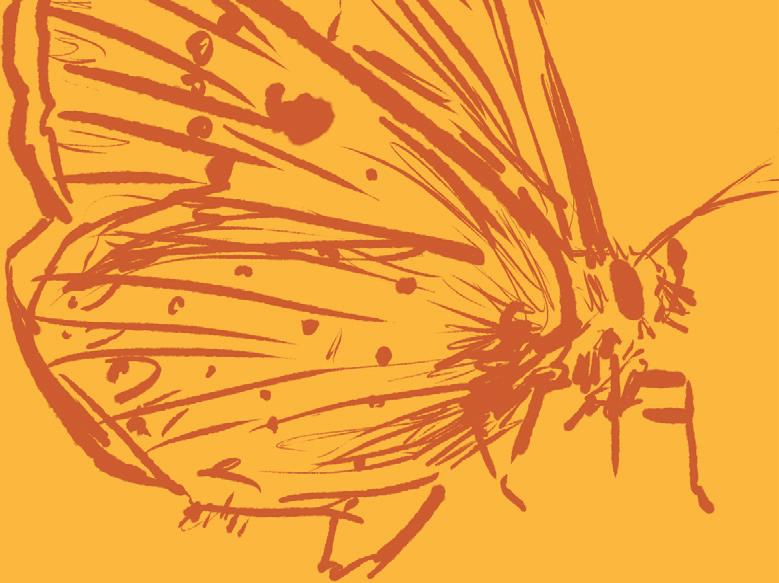

fluttering wings a pastel yellow, the colour of freshly churned butter, and so the human will name this creature a butterfly.
The Greek God of Love, Eros, is often depicted with many butterflies; this is understandable as his love and wife is called Psyche, the greek word for butterfly. Eros is portrayed as a beautiful youth with a bow and a quiver and in this quiver lies a gold-tipped arrow that he shoots and the person it hits will become infatuated with the next being they see.

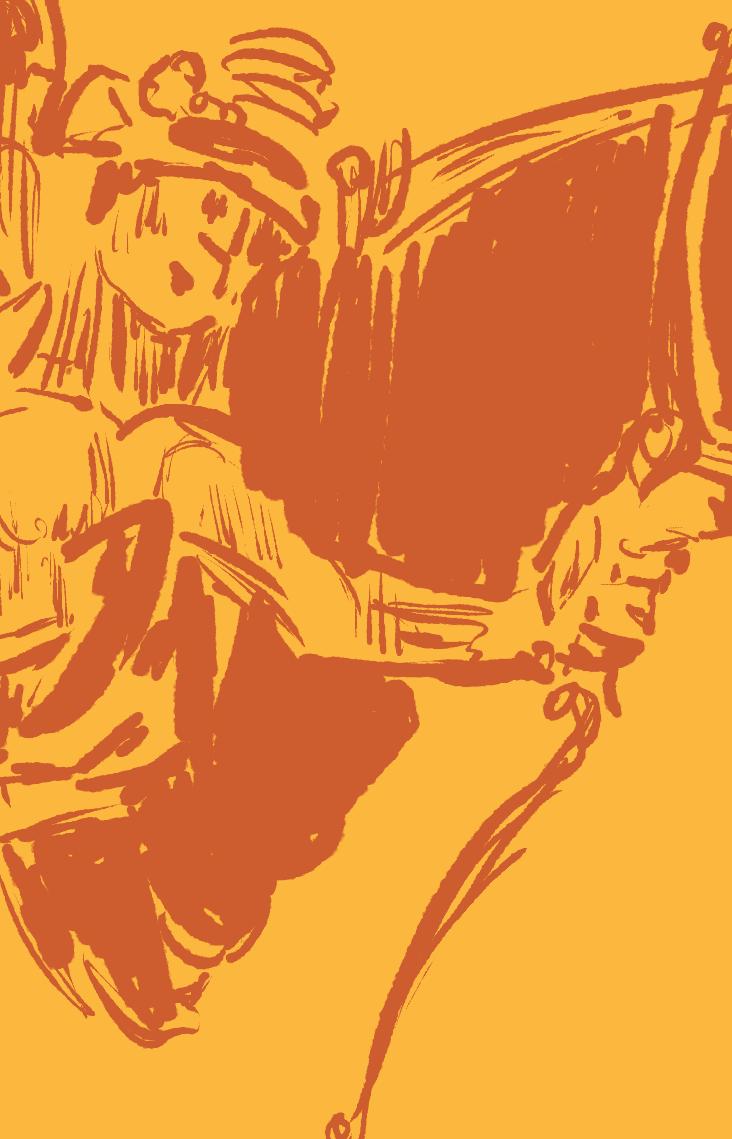
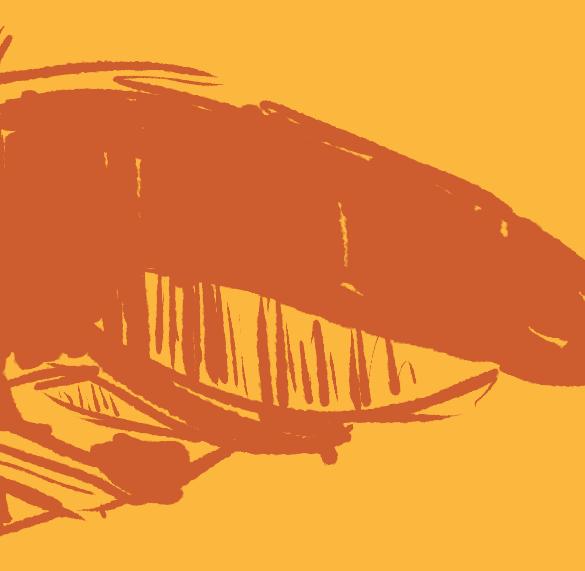
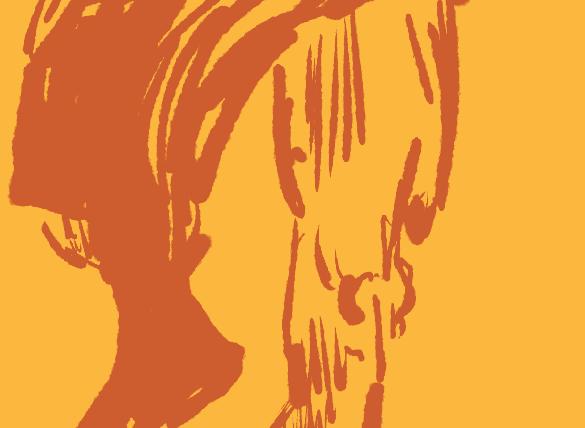
On one occasion Aphrodite, his mother, fuelled by envy of her many suitors, orders Eros to make the mortal girl fall in love with a hideous creature. Eros flies down to earth to shoot the mortal but he pricks himself with an arrow and falls head over heels in love with Psyche. Eros oranises secret meetings with Psyche in an isolated sacred grove in the privacy of total darkness. But one night she lights a candle at their meeting and discovers Eros’ identity. Eros, feeling betrayed and enraged, flees. The heartbroken Psyche begs the gods to gain back the love of her darling Eros. In the end, after performing a series of all but impossible tasks imposed on her by Aphrodite, she wins back both the goddess’ and Eros’ trust. Eros and his butterfly are united again.


